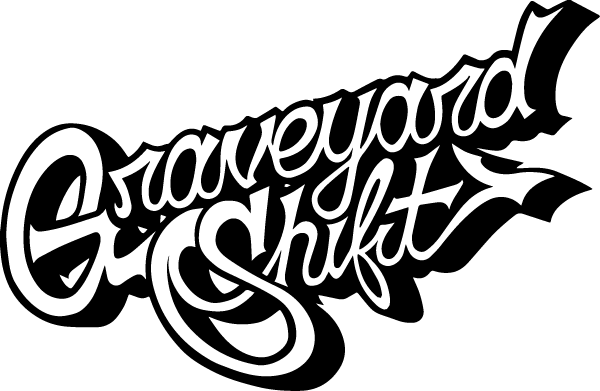Outkast Sues EDM Duo ATLiens Over Trademark Infringement Dispute
In a surprising twist in the music industry, legendary hip-hop duo Outkast has taken legal action against the EDM act ATLiens over trademark infringement. This lawsuit comes as a significant moment for both parties and raises important questions about intellectual property rights in the entertainment world.
Background of the Legal Battle
Outkast, composed of André "André 3000" Benjamin and Antwan "Big Boi" Patton, is celebrated for its groundbreaking contributions to the hip-hop genre. The duo's 1996 album, ATLiens, is often cited as one of the defining records of the '90s, injecting a futuristic and Southern twist to the genre. Notably, the term "ATLiens" is a portmanteau of "ATL" (a common abbreviation for Atlanta) and "aliens," a concept central to the album's theme and artwork.
However, the EDM duo ATLiens, comprising Havok Roth and DrewDel, took their name from the same term. Known for their masked personas and hard-hitting beats, the duo has also carved out a niche in the electronic music scene.
The Crux of the Dispute
Trademark Infringement Explained
Outkast's lawsuit centers on alleged trademark infringement. They argue that their established brand, particularly the term "ATLiens," is being diluted and potentially misrepresented by the EDM duo’s use of the same name. A trademark, in legal terms, is a recognizable sign, design, or expression that identifies and distinguishes products or services of a particular source from those of others.
- Confusion Among Fans: One major concern is that fans could confuse the EDM duo with the original Outkast album, diluting the cultural and commercial value of the latter.
- Unfair Advantage: Outkast's legal team argues that ATLiens may be capitalizing on the pre-existing fame and reputation of Outkast to promote their music.
Legal Precedents and Implications
This case isn't unprecedented in the entertainment industry. Similar disputes have erupted before, often leading to significant legal rulings. For instance, in 2012, The Black Keys sued Pizza Hut and Home Depot for unauthorized use of their songs in commercials. Additionally, Lady A (formerly Lady Antebellum) faced a lawsuit from blues singer Anita White over the rights to the name “Lady A.” These cases often hinge on proving the likelihood of confusion and the extent to which one party benefits from the established reputation of another.
Perspectives from the Music Industry
The Outkast vs. ATLiens dispute has ignited heated discussions among artists, fans, and legal experts. Here are some key perspectives:
Artists and Creators
Many artists view this lawsuit as a necessary step to protect intellectual property. In an industry where branding is crucial, the unauthorized use of a name or concept can have significant financial and reputational impacts. As André 3000 and Big Boi have built a multi-decade legacy associated with their music and unique terms like "ATLiens," it’s no surprise they would want to protect what they’ve built.
Fans and Consumers
Fans of both Outkast and ATLiens are divided on the issue. While some support Outkast’s actions as rightful protection of their legacy, others believe that both groups can coexist without confusion due to their differing genres and target audiences. However, the legality doesn't hinge on fan sentiments but on the likelihood of confusion and trademark law principles.
The Road Ahead
The lawsuit is still in its early stages, and both parties have yet to publicly comment in depth. Depending on the legal proceedings, the case could go in several directions:
- Settlement: A potential out-of-court settlement may involve the EDM duo changing their name or compensating Outkast.
- Court Ruling: If the case goes to court, a definitive ruling could set a new precedent for similar cases in the music industry.
- Collaborative Resolution: In rare but possible outcomes, both parties may find an amicable way to coexist or collaborate creatively.
This dispute highlights the importance of intellectual property rights, especially in creative industries where ideas, names, and concepts hold immense value.
Conclusion: A Lesson in Intellectual Property
The Outkast vs. ATLiens lawsuit serves as a critical reminder for both established and emerging artists about the significance of protecting intellectual property. As the music industry evolves with newer genres and hybrid styles, clear and respectful delineations of branding and trademarks become essential. Navigating these legal landscapes can be complex, but it's crucial for maintaining the integrity and value of creative work.
Both Outkast and ATLiens offer unique contributions to their respective genres. Moving forward, it will be interesting to observe how this legal battle unfolds and what it means for future cases of trademark disputes in the entertainment industry.
Stay tuned for updates on this developing story, as it promises to add an intriguing chapter to the ongoing dynamics of intellectual property rights in music.
```
